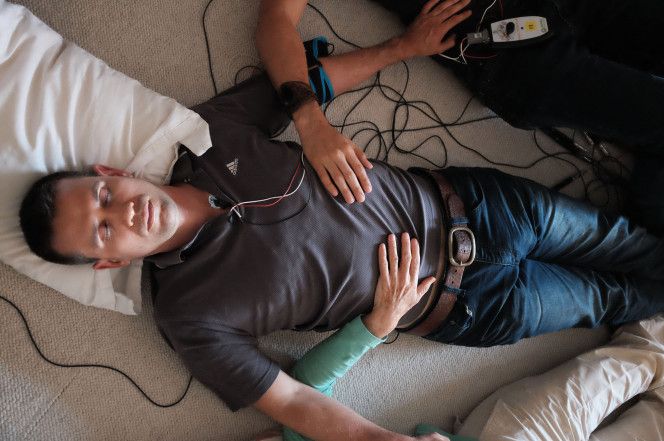UAE will be a major player in technology innovation of the future as they like Israel, Africa, Eastern Europe, and various parts of Asia such as the current ones of China and India as well as Australia and Vietnam will be the new emerging leaders in tech innovation. We’re entering a period of radical change and a complete overhaul of science (including medical) and technology thanks to the realities and opportunities of Quantum. The following announcement shows US UAE’s own commitment to being a leader and I promise you there is much more to come from these amazing hotspots of innovation and invention.
Vice President and Prime Minister and Ruler of Dubai, His Highness Sheikh Mohammed bin Rashid Al Maktoum, issued directives to Mohammad Bin Rashid Space Centre, MBRSC, to lead the Mars 2117 project and prepare a 100-year plan for its implementation.
As per his directives, the centre’s plan will focus on preparing specialised national cadres and developing their capabilities in the fields of space science, research, artificial intelligence, robotics and advanced space technologies.
The centre will also put in place a detailed plan for the next five years that will deal with all technological, logistical and technical aspects of the project. This five-year plan will be carried out alongside a media plan that will keep pace with the project’s implementation programme. The media plan will ensure coverage at local, regional and international levels, taking into consideration how well the project was received when it was announced during the World Government Summit 2017.









